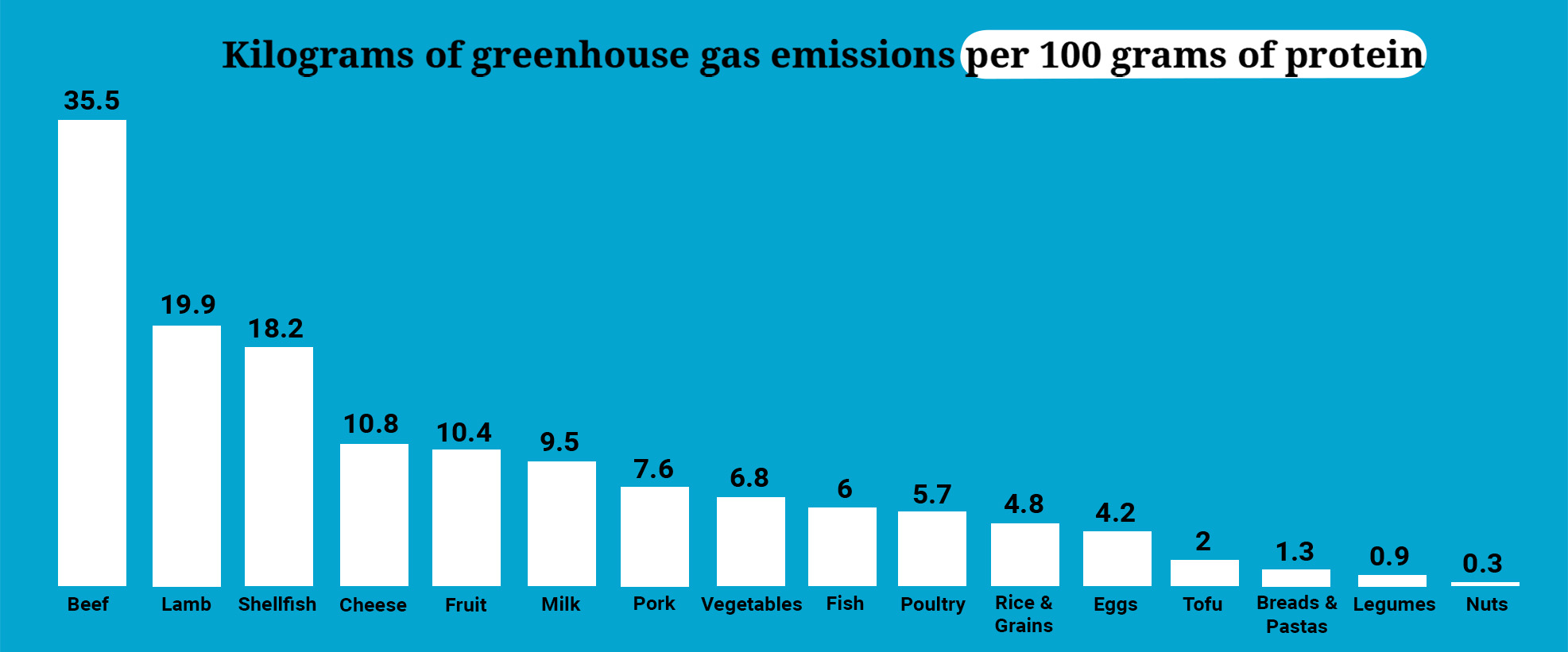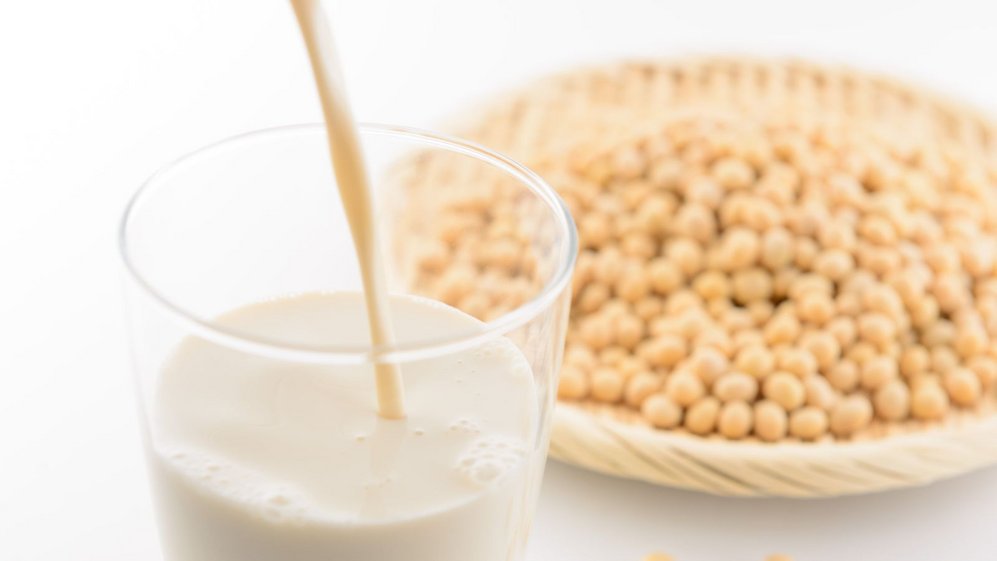Plant-based – no longer “niche”
Consumers seem to be keen to make a change to help tackle the big problems that we face, environmentally, but what such a change should look like is an open and hotly-debated question. As well as an increase in vegetarianism and veganism, many people are switching to what is often called a “flexitarian” diet – not entirely cutting out meat/dairy, but dramatically decreasing their consumption of such products. Recent research shows that: “around 2.5 million vegans lived in Europe in 2022. By 2025, it is anticipated that Europe's vegan meat and dairy markets will be worth more than USD 7.8 billion. Additionally, more than 39% of European customers had either drastically reduced or completely eliminated their consumption of red meat.”
Linked to this is the uptick in purchasing of plant-based foods, which would have - until quite recently – been viewed as “niche” products. According to a new study, reported by VLOG (The German Association for Food without Genetic Engineering), meat substitutes are booming. 71 percent of those who eat meat substitutes attach importance to the fact that they are free of genetically modified ingredients. “Produced without genetic engineering" is the second most important criterion for consumers when it comes to buying tofu and meat-free alternatives, directly after the criterion "contains no palm oil", which is important to 76 percent. According to the survey, the most popular plant-based alternative product is tofu classic, followed by meat-free mince, cold cuts, burgers and schnitzel.
As well as concern for the environment, people’s choices are often driven by health concerns, as well as ethical/ideological motivations. But it does not appear to be a passing phase. According to an EU/EIT Food, University of Hohenheim study, this is a significant and growing group: “Looking at all those who actively reduce or fully exclude at least some animal products, including vegetarians, pescatarians and flexitarians, the group in total represents 30.8% of the population: 10 to 30 % of Europeans no longer consider themselves full meat-eaters anymore.” And the growth of the market of plant-based alterative foods indicates that the food industry is keen to respond to this demand.
Food and climate change
For too long, the Western world has taken for granted huge choice and abundance when it comes to food, too often with little consideration to the impacts of agriculture on the environment. According to the UN: About a third of all human-caused greenhouse gas emissions is linked to food. Meat production, especially, is generally associated with high levels of carbon dioxide emissions, because of the large areas of land required by cattle which is often created by chopping down trees and converting other types of land to farmland. The vast majority of crops grown are used to feed animals, rather than eaten directly by people. A Greenpeace study, found that (in Europe) 62% of all cereal crops are used to feed animals, with only 23% going to feed people, while 88% of soy and 53% of protein-rich pulses were used for animal feed. The methane produced by cattle is also a significant contributor to global warming – with livestock the largest source, responsible for 31% of the global total of methane emissions (Nature, Aug 2021).

Source: UN
The sustainable, Non-GMO option
For consumers driven by environmental concerns, aiming to reduce or cut out meat/dairy, there are many healthy, sustainable sources for proteins which do not run the risk of damaging the environment or being linked to deforestation, such as Non-GMO soy. In Europe, gold-standard sustainability labels, such as those of ENGA members ProTerra Foundation and Donau Soja, ensure that soy is traceable and that it has not been grown in a way that is damaging to climate or the environment.
With the market for plant-based based foods seemingly continuing to grow, there is an urgent need for an open, well-informed debate about the direction our agri-food systems are going. Consumers also need to have full transparency over what their food choices mean for both their health and the environment. Quality labelling and information for consumers is one step in the right direction, given that one plant-based alternative may not be as sustainable or as healthy as its marketing may suggest.
Read more:
ProTerra has more about the plant-based food market and the link with sustainable standards in its article: Plant based food and the ProTerra Standard.
Donau Soja fosters sustainability and transparency in the plant-based movement by their production standards Donau Soja & Europe Soya and through pillar 5 of their Protein Strategy. The association enables open dialogue between relevant players from the industry as you can see in this video.
